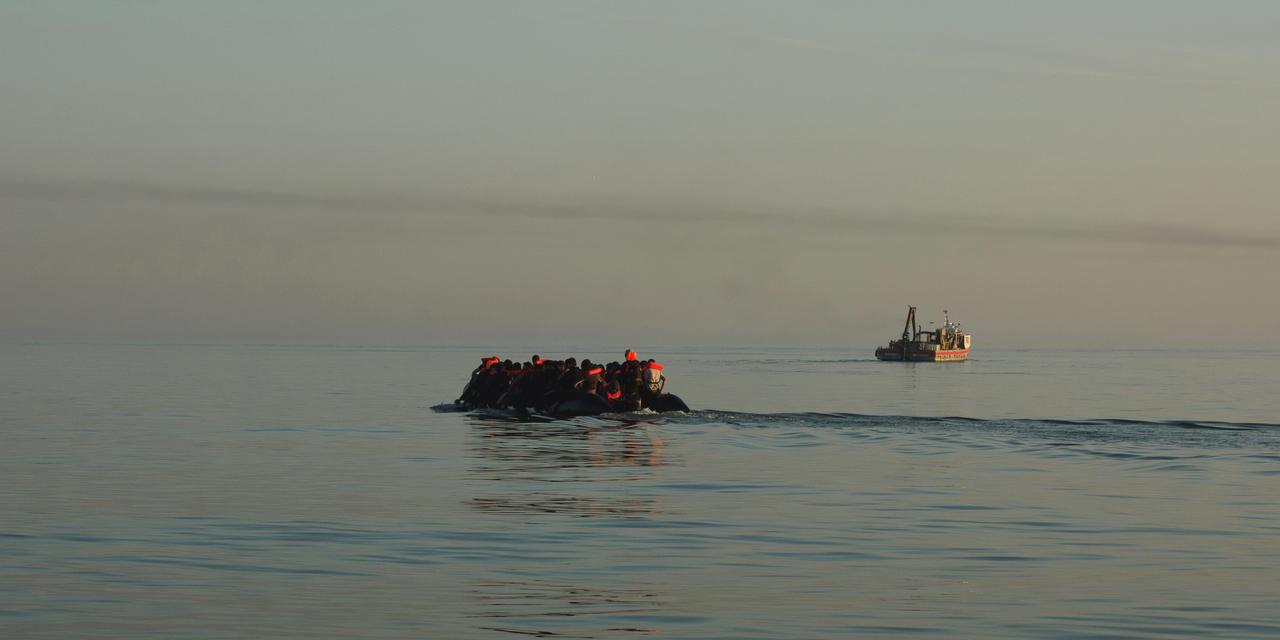


Channel crossings by migrants in small boats are on the rise
FeatureSince the beginning of the year, more than 20,000 men, women and children have managed to reach the United Kingdom – 7,000 more than during the same period in 2024. At least 15 people have died while attempting the crossing.
The sea was calm and smooth. In the distance, a black spot. Soon, dawn revealed an inflatable dinghy barely 10 meters long. At least 30 men were seated on either side, straddling the tubes. They stretched out their legs to avoid touching the water. Some wore life jackets; others did not. In the Dover Strait on Tuesday, July 1, 440 migrants would cross to the United Kingdom aboard eight small boats. The one mentioned earlier looked full. Yet it moved along the coast, drawing closer to the beach at Malo-les-Bains, in northern France.

Guests at the Radisson were still asleep when, in front of the luxury hotel, a group of women, men and children waded waist-deep into the sea. Not everyone would manage to board. As police officers approached, the dinghy departed. Slower, heavier. The vessel sank a bit deeper into the water. Some cries symbolized the tension on board, the fear. At a speed of about 4 knots (7.4 kilometers per hour), the small boat headed for Dover, over 60 kilometers away, on the other side of the strait.
A ship monitored the dinghy's hesitant journey from a distance. This was the Minck, one of the boats chartered by the French government for operations in the Channel. If the migrants did not request assistance, the Minck would simply "escort" them to British waters, where UK authorities would take over.
You have 81.57% of this article left to read. The rest is for subscribers only.
